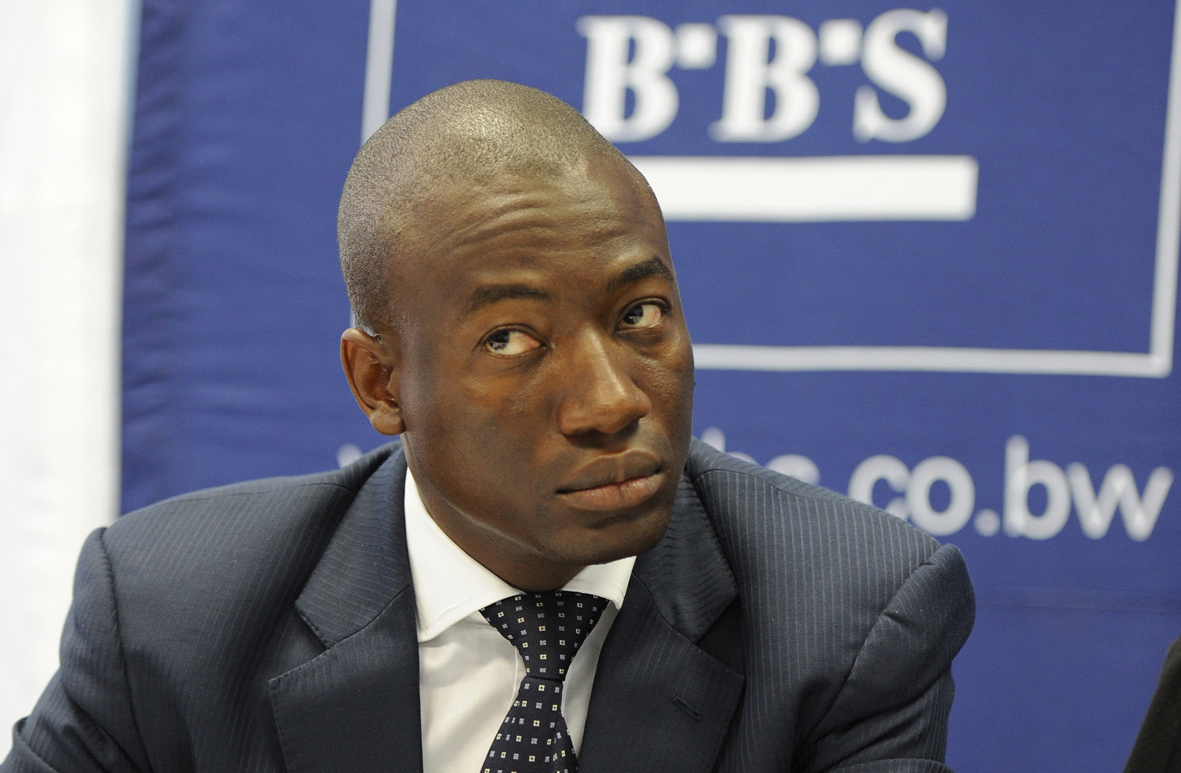- If board is bullied & perpetrators prevail it sets a dangerous precedent for corporate Botswana
- Current board critical for transition and completion and delivery of commercial banking strategy, Molefe should see out his contract and step aside
- MD’s decades in charge five-times the industry standard in financial services sector
- BBSL is in a mess, shareholders will bear the brunt of this disaster
- A change in executive management critical to change the negative trajectory
What is being played out before us between the BBSL board and its suspended MD and company secretary pending a court hearing is a very unfortunate precedent for corporate Botswana as we know it because the board is being ‘bullied’ by its very employees notes a financial services expert from a local financial brokerage firm.
“Why now? These guys have been together for a while now. Why now? Whatever the hidden truths are between the board and Mr. Molefe and Mr. Showa, one thing is for certain, the precedent couldn’t be worse for corporate culture in this country. The board is being bullied by its own employee. Boards around Botswana must be looking to see how all this end with concern and rightly so.
A closer look at the recent suspension on the BSE and everything wrong that has taken place shows that indeed there is a limit to effectiveness of a senior executive. The board is critical for this transition and so is Mr. Molefe. He (Molefe) needs to step down when his term ends,” notes a financial services expert who refused to be named given the sensitivity of the matter at the moment.

The financial expert well versed in financial markets research notes the stage for the AGM won’t be a dull one by any measure and standard. “There is one loser in all this and it is neither of the conflicting parties it is the shareholders. Mr Pius Molefe and Sipho Showa have grabbed two critical victories in court setting a dramatic climax for what the results would be moving forward,” he adds.
Recent studies shed some light with regards to stays for executive management and conflict. The board quoted highlights of 27 years in the high office for the MD whilst a rebuttal from the two employees notes 17 years in office. Whatever the years the MD has had five times the global industry standard for CEOs or Executives.
A recent study by PWC which had a sample of over 1,100 senior executives across 43 countries in all continents paints quite a picture regarding the psychology of executive incentives, executives’ thought process and the best practice in terms of how long they stay in office to still remain relevant and still give value to shareholders.
The report states that globally the average stay a CEO can make an impact is 4.8 years. This is also cited in Management Today.

“Having tracked shareholder returns against chief executive tenure at 356 companies between over a 10-year period determined that the optimum length of service was 4.8 years. Any longer and, on average, the company began to suffer.
These findings have several implications for organizations. “Boards should be watchful for changes in the firm-customer relationship. They should be aware that long-tenured CEOs may be skilled at employee relations but less adept at responding to the marketplace; these leaders may be great motivators but weak strategists, unifying workers around a failing course of action, for example,” it states.
No human can resist the power and to some degree the extent of entitlement which come with leadership for decades in an entity. Could it be that the MD prefers a new board to extend his stay beyond the current contract? Does he feel like he is losing power and unfairly so given his attachment to the organization? Does he feel it is his and BBSL owes him something? All the questions have no answers. However, studies indicate the MD’s mental prowess is at its best when he starts but wanes off with time.
“It’s understandable that a previously successful leader’s performance may falter the longer they’ve been in the hot seat. When a CEO first joins, they’re desperate to make an impact, they often bring fresh eyes and ideas, and soon fix on a clear strategy. Crucially, they consult a wide range of voices – internally and externally – as they seek to understand the company they’ve joined and the market it operates within.
But inertia can set in as a leader becomes more assured in their role and potentially takes their eye off the ball. Why look outside the trusted network that has helped them successfully guide the business over the years or change a previously winning strategy? Why listen to upstarts who can’t possibly understand the business as well as they do?” notes Business Today on a recent study on executive impact and how long they should stay.
The question now is, can Molefe and his board kiss and make up? Is there an opportunity for unity of purpose for the sake of delivering value? Is it possible to sit in the same room and deliver on the five-year strategy being touted around? Is there greed? Who is an angel and who is a demon in all this? Should shareholders let it play out? Whatever the case is Friday night on the 30th of April 2021, another piece of history will be written. No matter your views BBSL will never be the same again.




